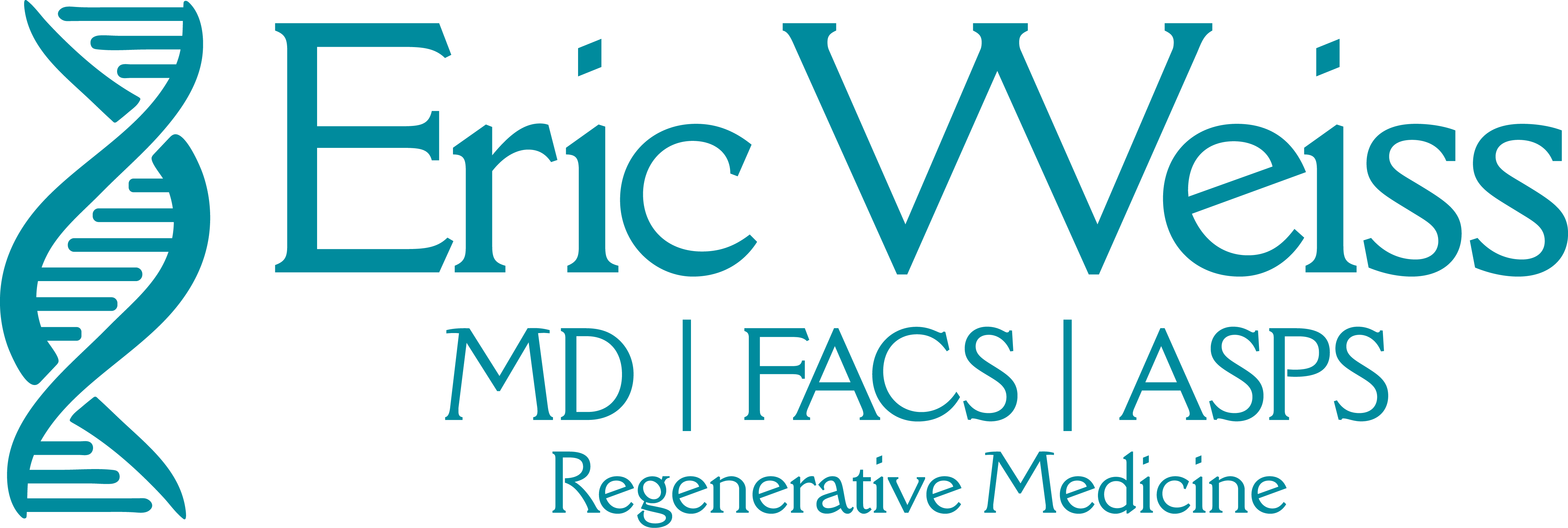Multiple Sclerosis (MS) and Stem Cell Therapy
Multiple Sclerosis (MS) is one of the most common neurodegenerative diseases, affecting approximately 2.5 million people worldwide, most often between the ages of 20 and 40. It is caused by the immune system mistakenly attacking the myelin sheath—the protective covering around nerve fibers. This leads to progressive nerve damage and disability.
The Three Stages of MS
MS typically progresses through one of three stages:
- Relapse-Remitting MS (RRMS) – The most common form (affecting 85–90% of patients), marked by cycles of symptom flare-ups (exacerbations) followed by periods of partial or complete remission.
- Secondary Progressive MS (SPMS) – Over time, RRMS may transition into this phase, where symptoms steadily worsen without clear periods of remission.
- Primary Progressive MS (PPMS) – A less common form involving continuous symptom progression from the onset, without any remissions.
How Umbilical Cord Stem Cells May Help
Umbilical cord blood and its stem cells offer a promising new approach to managing MS by:
- Modulating the immune response to help reduce autoimmune activity
- Protecting neurons through the secretion of anti-inflammatory and neuroprotective factors
- Stimulating regeneration by promoting the growth of new nerve cells and myelin
In MS patients, levels of neurotrophic factors (which support brain and nerve cell growth) are often severely reduced. Umbilical cord stem cells may help restore or maintain these critical factors, making them a valuable therapeutic tool.
Hope Through Regeneration
While current treatments aim to slow progression or manage symptoms, they do not offer the potential for repair. Early studies using umbilical cord blood and stem cells have shown encouraging results in reducing inflammation and supporting neurological recovery in MS patients.
The regenerative potential of stem cells offers a new frontier in treating MS—shifting from simply managing symptoms to promoting real healing.”
Dr. Eric Weiss
